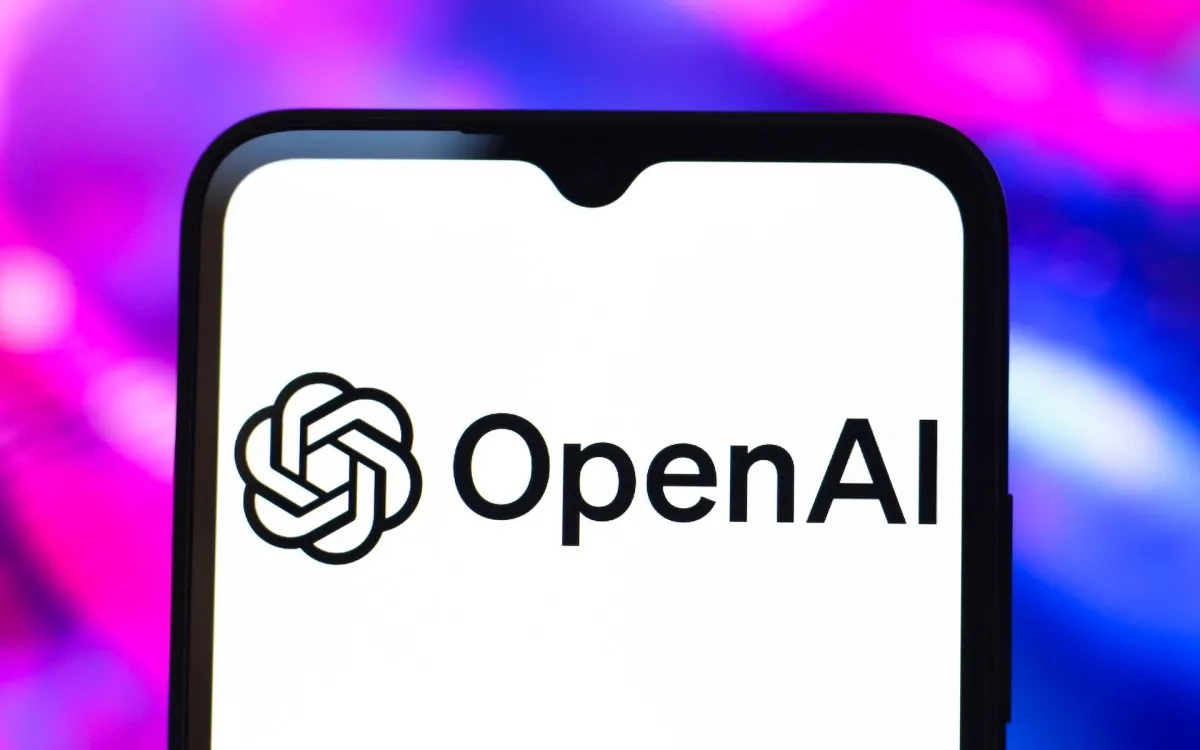
OpenAI, a prominent player in the artificial intelligence sector, has made a pivotal decision regarding its organizational structure. After previously announcing plans to transition into a for-profit entity, OpenAI has confirmed that its nonprofit division will continue to oversee its for-profit organization. This significant shift underscores the company's commitment to its foundational goals and ethical considerations in AI development.
The company revealed that its business segment, which has been functioning under the nonprofit umbrella since 2019, will now evolve into a public benefit corporation (PBC). This move allows the nonprofit to maintain control while also becoming a substantial shareholder in the PBC. Bret Taylor, Chairman of the OpenAI Board, emphasized this commitment in a blog statement, saying, “OpenAI was founded as a nonprofit, and is today overseen and controlled by that nonprofit. Going forward, it will continue to be overseen and controlled by that nonprofit.”
OpenAI's decision to retain its nonprofit structure was influenced by feedback from various stakeholders, including civic leaders and discussions with the offices of the Attorney General of Delaware and the Attorney General of California. Taylor noted, “We thank both offices and we look forward to continuing these important conversations to make sure OpenAI can continue to effectively pursue its mission.” This collaborative approach highlights the importance of civic engagement in the decision-making processes of tech organizations.
Founded in 2015 as a nonprofit, OpenAI transitioned to a capped-profit model in 2019 to attract necessary capital for growth. Despite this shift, the nonprofit wing retained a controlling interest in the organization, ensuring that its original mission—to ensure AI technology benefits all of humanity—remains intact. The recent restructuring efforts were aimed at bolstering the organization's resources to support charitable initiatives in critical areas like healthcare, education, and scientific research.
OpenAI's proposed transition has not been without controversy. Notably, early investor Elon Musk filed a lawsuit against the organization, arguing that it was straying from its nonprofit mission. Musk's complaint sought a preliminary injunction to prevent the transition, though a federal judge allowed the case to proceed to a jury trial scheduled for spring 2026.
Additionally, a coalition of former OpenAI employees and the nonprofit Encode have expressed their support for Musk's position through amicus briefs. Other concerned organizations, including labor groups and civil society advocates, have urged California Attorney General Rob Bonta to halt the company's for-profit conversion, citing failures in protecting its charitable assets.
The stakes are high for OpenAI, which must finalize its for-profit transition by the end of this year or risk losing vital capital it has recently secured. The implications of this reversal in strategy remain uncertain as the organization navigates the complexities of its operational structure.
In a letter to staff published on OpenAI’s blog, CEO Sam Altman acknowledged the organization's ambitious vision, stating that OpenAI may eventually require “trillions of dollars” to achieve its goal of making AI services accessible to all. Altman highlighted the nonprofit's forthcoming role as a significant shareholder in the PBC, with support from independent financial advisors. He remarked, “We are moving to a normal capital structure where everyone has stock. … We look forward to advancing the details of our plan in continued conversation with them, our partner Microsoft, and our newly appointed nonprofit commissioners.”
As OpenAI charts its course forward, the organization remains steadfast in its commitment to its foundational mission while seeking innovative solutions to meet the challenges of the rapidly evolving AI landscape.